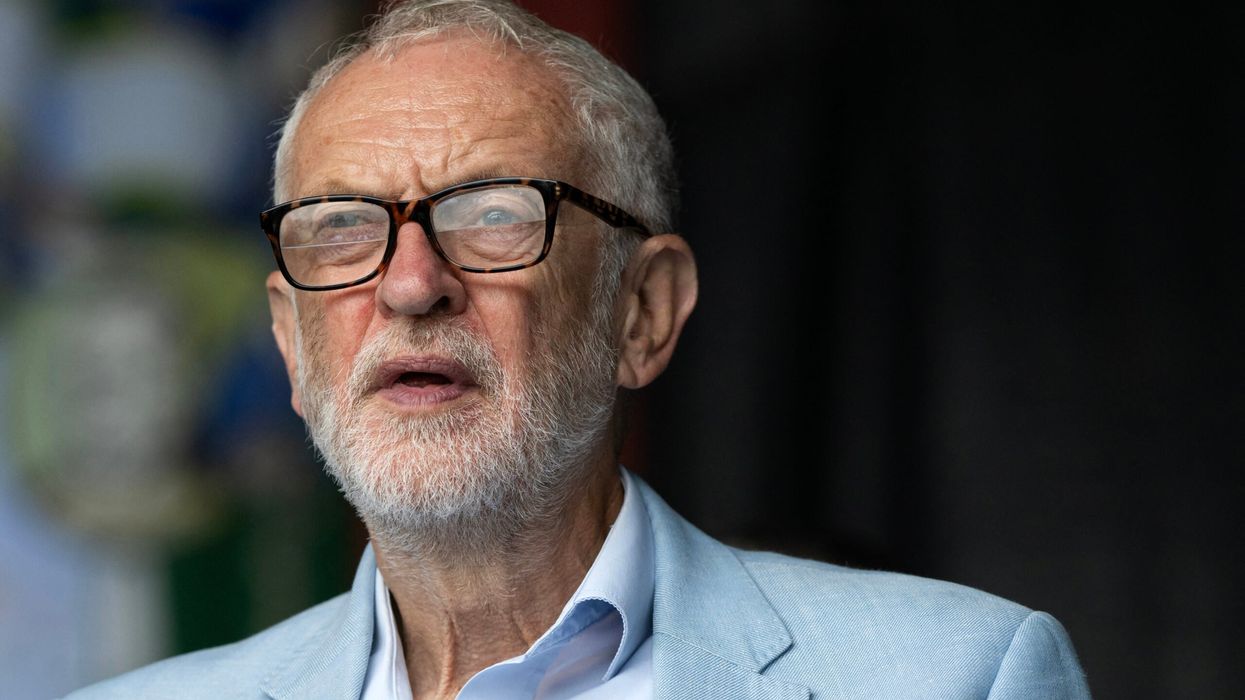FORMER Labour leader Jeremy Corbyn on Monday (2) announced the formation of a new pro-Palestinian “Independent Alliance” with four newly elected British Muslim MPs.
Indian-origin Shockat Adam and Iqbal Mohammed and Pakistani-origin Ayoub Khan and Adnan Hussain have joined hands with Corbyn and now represent the same strength as the far-right Reform UK, Northern Ireland’s Democratic Unionist Party (DUP), and one more than the four-MP Green Party and Plaid Cymru of Wales.
Adnan Hussain
The independent MPs, who contested the July 4 election on an anti-Israel platform, have aligned forces as an official parliamentary group to increase chances of being chosen to take part in House of Commons debates and committees, which are proportional to party size.
“We were elected by our constituents to provide hope in a Parliament of despair,” the new Independent Alliance said in a statement.
“This government has scrapped the winter fuel allowance for around 10 million pensioners, voted to keep the twochild benefits cap, and ignored calls to end arms sales to Israel. Millions of people are crying out for an alternative to austerity, inequality and war and their voices deserve to be heard,” it said.
“As individuals, we were voted by our constituents to represent their concerns in parliament on these matters, and more, and we believe that as a collective group, we can carry on doing this with greater effect. The more MPs who are prepared to stand up for these principles, the better. Our door is always open to other MPs who believe in a more equal and peaceful world,” the MPs added.
Ayoub KhanCorbyn, 75, contested as an independent candidate from his London constituency of Islington North after being expelled from the Labour party for claiming the scale of antisemitism in the party was “dramatically overstated”.
He went on to defeat Labour’s chosen candidate, British Indian Praful Nargund, in the general election. Shockat Adam unseated Labour stalwart Jonathan Ashworth in Leicester South, while Iqbal Mohamed bagged more than 40 per cent of the votes in Dewsbury and Batley.
Shockat AdamMeanwhile, Ayoub Khan was elected MP for Birmingham Perry Barr and Adnan Hussain for Blackburn. All five MPs making up the new Independent Alliance have been united by their very vocal stance over the conflict in Gaza and demanding the UK stop all arms sales to Israel.
By aligning forces with fellow Independent MPs, the group expects to be better represented during Prime Minister’s Questions (PMQs) and other regular debates in the Commons.




